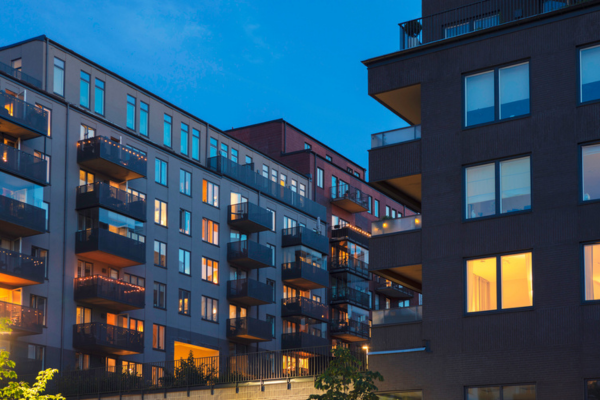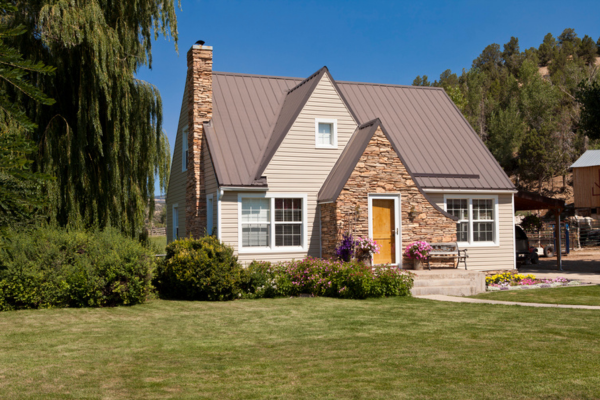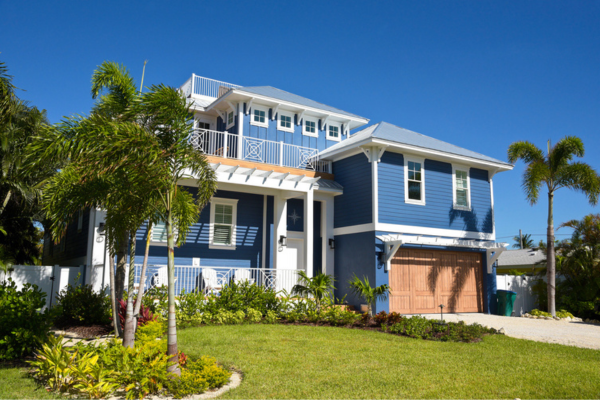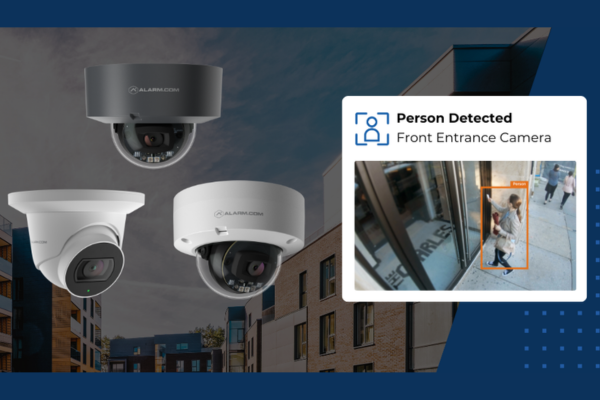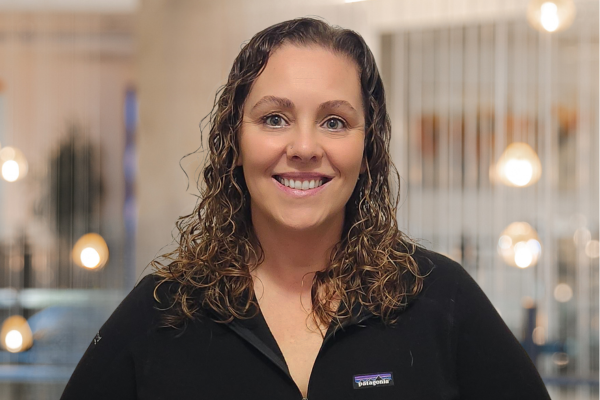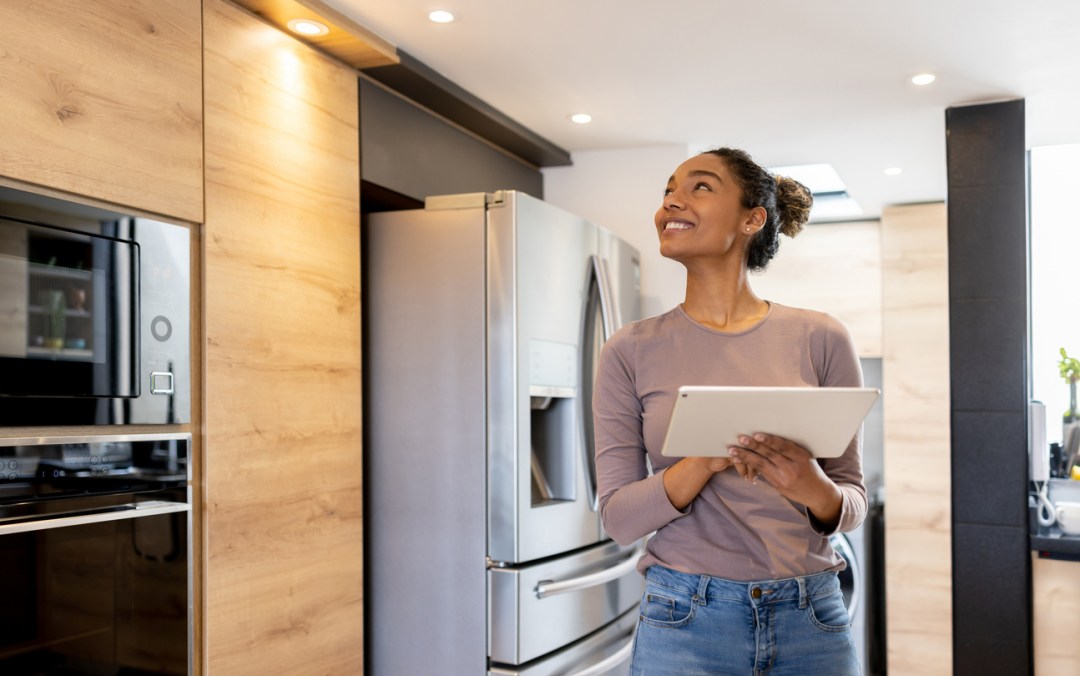Home maintenance is a must — regularly staying on top of the small stuff keeps your property in good working order all year round. For property managers, regular upkeep is crucial as the wear and tear of systems are subject to time, natural elements and guest or resident turnover. Whether you’re managing a single property, a short-term or multifamily rental, or multiple properties, a seasonal home maintenance checklist will help you ensure that no task is neglected.
Why Seasonal Home Maintenance is Important
Seasonal home maintenance can help you prevent many kinds of property damage and catch minor ones, saving you money on more expensive repair costs later. A well-maintained property also keeps renters happy and helps preserve, or even increase, the property’s value to attract good renters.
While specific maintenance projects have more ROI than others, having a seasonal home maintenance checklist will help ensure you cover all the bases. Every season brings different damage risks to the property and safety concerns for the tenants; as the property manager, you should know the various maintenance issues to watch out for as the snow falls or the sun shines. A rental that’s in between tenants will also have different upkeep needs.
Seasonal Home Maintenance Checklist
Spring Outside
- Let the water from your outside faucet/s run and check for damage and leaks.
- Have the trees on your property inspected for signs of illness, infestations, or any other problems. Hire a certified arborist, if possible.
- Reseed the lawn.
- Before putting the snowblower in storage, add a stabilizer to the remaining fuel or drain the fuel tank; check and clean the motor and parts.
- Take the lawnmower out of storage and check whether it’s working properly. This is the best time to have the blades sharpened, the spark plug changed, and other necessary maintenance.
- Inspect the property from the outside. Check for cracks and water damage in the concrete, facade, and foundation; peeling or chipping of the paint; loose or broken shingles on the roof; and signs of wear in the chimney.
- Clean the gutters and check for damage.
- Do a paint touch-up or apply a fresh coat where necessary.
- If you are in between tenants, spring is the perfect time to give the exterior of your rental house a thorough washing. Use a pressure washer or an ordinary hose with a siding cleaning kit attached. Heavily soiled areas should be spot-cleaned using soapy water to avoid damaging plants. Ensure all the windows and doors are closed and cover the ground and plants immediately surrounding the building with plastic sheeting.
- If the property has a deck, check for damage in the wood, loose nails, or debris stuck between the floorboards. Use a broom, water and cleaning solution to wash it. Treat the wood with borate to protect it from algae and rot. Wait a few days until the wood is completely dry, and then stain and seal it.
- Clean perimeter video cameras with a softbrush to ensure any debris, cobwebs or pollen buildup is removed from the unit.
- Check smart locks for any signs of wear and tear and ensure all locks, door latches and mechanisms are working smoothly.
- Get the pool ready for summer. Check the valves, change the filters, inspect all pool equipment and treat the water.
- Ensure your smart video doorbell is in good working order. Remove any accumulated grime from snow, check for rust wear and tear on metal parts of the hardware and clean the lens frequently.
Spring Inside
- Schedule your HVAC system’s twice-a-year checkup and servicing. Check your HVAC system ductwork for signs of damage, and the furnace and A/C compressor should be cleaned and serviced. PointCentral can save you 15% and 23% on heating and cooling costs with our smart HVAC and smart thermostat system that can monitor and spot HVAC issues before they become a problem.
- Clean the bathroom vents.
- If your property is using steam heat, drain the boiler to eliminate accumulated sediment.
- Check the plumbing for leaks; look for water stains on the ceilings; check faucets for drips; make sure the flapper in the toilet tank has not worn out. Call a plumber when necessary.
- Check the sump pump and make sure it’s working correctly.
- The Chimney Safety Institute of America recommends having the chimney inspected at least once a year and cleaned periodically depending upon the frequency of its usage.
- Make sure the smoke alarms and carbon monoxide detectors are working correctly. Change batteries once a year.
- Wipe down doorhandles and smart lock keypads to prevent dirt build up.
- Spring is also the best time for pest control.
Summer Outside
- Keep up with lawn and garden maintenance according to the local community’s ordinances.
- If sprinklers are installed, make sure the timers are working correctly and that all the sprinkler heads are upright. Make sure the valves are clean; replace leaky valves. Make sure the spray is not blocked by foliage. Leaks, low pressure or pooling water could indicate a cracked underground pipe. This will have to be repaired by a plumber.
- Make sure the pool is kept clean. The sides should be scrubbed at least once a month to prevent algae growth. Check if the filter needs cleaning or replacing. Chemical levels should be checked weekly.
- Any exterior repairs or repainting should also be done during summer.
- Check all perimeter video cameras and wipe clean where necessary. Dust storms and insects can affect the hardware and mean more frequent cleaning is required.
- Make sure your smart video doorbell is in a shaded place and away from direct sunlight to avoid overheating.
Summer Inside
- The A/C filters should be cleaned at least once a month, depending on how tenants use the A/C. Check the weather stripping around doors and windows to ensure cool air is kept in and maximize the A/C’s energy efficiency.
- Summer is prime time for certain pests. Check for signs of infestations; pay for a professional pest inspection if necessary.
Fall Outside
- It’s time to check and clean the gutters again. Check for loose or broken tiles on the roof. Make sure your gutters and roof are free from leaves and other debris. All necessary repairs should be done before winter.
- Depending on the region, make sure the outdoor faucets and sprinkler system are drained and shut off before winter hits. Any above-ground piping and the exterior shut-off valve may have to be insulated to protect them from harsh winter weather.
- The pool should be cleaned and covered as the weather becomes cooler.
- Clear any leaves, cobwebs or dirt away from your video doorbell and surrounding areas.
Fall Inside
- If the property uses A/C window units, ensure they are adequately insulated inside and outside to prevent drafts and protect the A/C from the elements. The A/C can also be removed and stored for the winter.
- The HVAC system’s ductwork and the furnace should be serviced to maximize energy efficiency. If necessary, filters should be checked and replaced. Make sure nothing is blocking the heating vents, and check if the thermostat is working correctly. Vents in clothes dryers should also be inspected and cleaned once a year by an HVAC specialist, ideally during the fall season.
- Have the chimney swept before your tenants start using the fireplace during winter.
- This is the ideal time to have the boiler checked by a plumber. The valves in the radiator, as well as its thermostat, should also be inspected.
- Check if any doors or windows need caulking. Start installing storm windows and glass panels for the doors to prepare for winter.
- Make sure the carbon monoxide detectors are working properly.
Winter Outside
- It’s time to take the snowblower out of storage; make sure it’s working correctly. A small-engine repair company can give it a tune-up if it’s necessary.
- You may have to check the roof’s eaves for ice dams or accumulated ice after a snowstorm.
- If you haven’t done so during late fall, shut off and drain all outdoor faucets and the sprinkler system and insulate exterior pipes before the weather hits freezing temperatures.
- Ensure that security video cameras are cleared of snow and ice.
- Clean external locks more frequently during snow or ice build up to prevent damage, corrosion and to ensure smooth access management.
- Regularly clear any snow or ice away from the lens and microphone of your video doorbell.
Winter Inside
- Filters in heating systems may need replacements as often as once a month, or only twice a year, depending on how often tenants use the heating.
- Pipes in an unheated garage may need to be insulated.
- If a rental property is empty, the thermostat should be set to at least 55 degrees, as recommended by the American Red Cross.
- Service portable generators twice a year, whether or not there was any usage. Also, check them regularly for corrosion and signs of wear.
- Clean high touch surfaces such as access keypads and doorhandles as often as possible especially during flu/sickness season.
Final Thoughts
As a property manager, it’s beneficial to familiarize yourself with the different parts of the house that need regular maintenance and replacement and what regular means for each one. Proper upkeep of your rental will help protect the property’s value, run things more smoothly, avoid costly repairs and ensure your tenants’ satisfaction and safety.
People choose PointCentral because our smart home automation system is designed for every stage of property management. From installation to monitoring, whether you manage a few dozen properties or hundreds, we bring our clients the same benefits: data integrity, security and the seamless ability to scale. Best of all, when you choose PointCentral you can use our smart property technology to save money on energy costs during hot and cold months, and save money through preventative HVAC monitoring and smart water management.
Imagine detecting leaks, remotely checking and controlling water flow consumption and effortlessly monitoring and controlling your HVAC system. You’ll gain efficiency, save on bills, and prevent problems before they become costly repairs. Request a free demo today.
Sources:
EPA – Should You Have the Air Ducts in Your Home Cleaned?
Chimney Safety Institute of America – About Your Chimney & Venting System
American Red Cross – Preventing and Thawing Frozen Pipes

